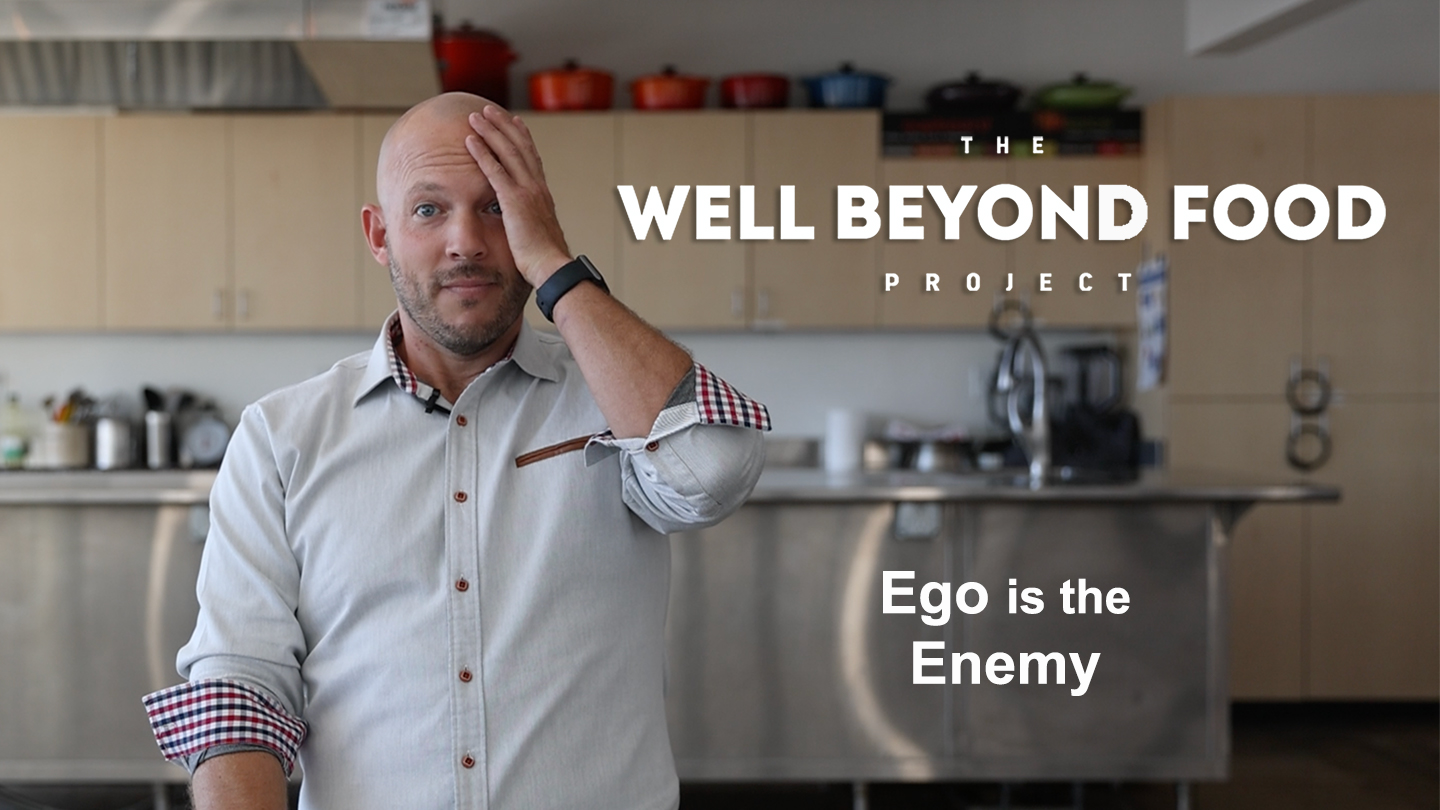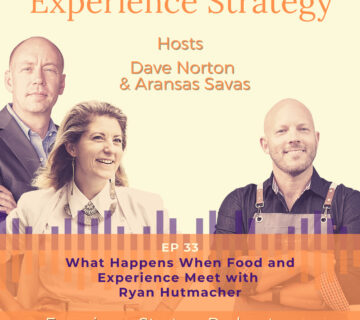Part 4: Ego is the Enemy
How are you at handling feedback? Personally, I sucked at it. Ask my siblings, coaches or former employees. My ego was fragile, and to be clear, it wasn’t because I thought I was better than everyone else, it was that I didn’t think I was good enough. Does it make difference?
“You have so much potential, but you just can’t stay out of your own way” was the feedback that often rattled me. It pissed me off because I thought working harder was the answer, yet I wasn’t reaping the rewards. I heard it often.
I would already spend so much time beating myself up about my own inadequacies, that the value of feedback felt like a gut punch when I was already down. It only reinforced the sh*t swirling in my head… “I was not smart enough.”
Pride can get in our way, a lot. Perfection was the only way I chose to hide my flaws. Not just in the work I produced, but in the decisions I made. It was agonizing and inefficient.
My pursuit of perfect decisions showed up as indecision. Once I made the perfect decision, I had to juggle the chaos of keeping the moving parts together, in my head. I was never present. I was never in flow.
It showed up in my cooking. It showed up in my relationships. It showed up when I did TV appearances. I wasn’t me, but I pushed through in denial.
My pattern was to be a chameleon when I was out of my league in smarts, but step up when opportunities to prove myself creativity and or as a hustler were the metrics.
This need to “be seen” in a certain way perpetuated a deep-seated inadequacy. It reared its ugly head in the form of control, micromanagement and workaholism in order to cover all bases.
You see, it always took me a lot longer than my peers to learn, concentrate and retain information. In fact, in grade school I did everything to avoid tutors and reading specialists, because I refused to be singled out as inadequate. As I’m writing this, I now realize this this is likely the reason I refused to ask for support from mentors as young entrepreneur… they wouldn’t think I was capable.
I now understand that leadership is not being the smartest person in the room, but having the ability to influence momentum through a collective sense of purpose, amongst differing personalities and skillsets.
Though my LD’s curse me to this day, I’ve got better tools than the days of yellow highlighters, memorization marathons and relentless self-deprecation.
For a guy who was voted student council treasurer all four years in high school, I can tell you it wasn’t my resume that got me the gig. However, the uncomfort of speaking in front of my classmates and getting their “buy-in” was one step, in a thousand more to follow, that brought to where I am.
Someone once shared with me that “If the feedback is meant for you, it’ll stick.” So, whether the constructiveness of someone’s feedback is justified, true or not, knowing how it makes us feel gives us an opportunity to react in several ways.
Whether it makes you (1) feel grateful to have outside insight, (2) humiliated because you weren’t perfect in your performance, or (3) annoyed because you think you know better, this mindfulness and tempering your reaction is a superpower.
When we are able to acknowledge our own bias around receiving feedback, I believe we’re able to see others’ capabilities and potential more clearly, using an empathic eye.
I believe it’s one of the keys to unlocking the momentum that keeps us and those around us stuck.
So, how are you at getting feedback? How are your employees at getting feedback, from you? No matter the relationship, I believe that creating the outcomes you desire starts with observing yourself and ego can get in the way.
Ego is the Enemy, and it’s also an amazing title to a book written by Ryan Holiday, that didn’t necessarily inspire my post but influenced my ability to articulate it.
If you are curious how The Well Beyond Food Project can curate connection and align commonalities amongst your clients, customers, colleagues and stake holders, we’d love to chat. We create unique, proven solutions for our clients, using food experiences as the universal language.
















No comment